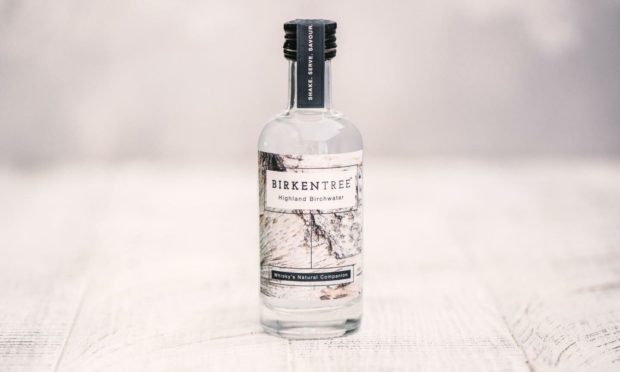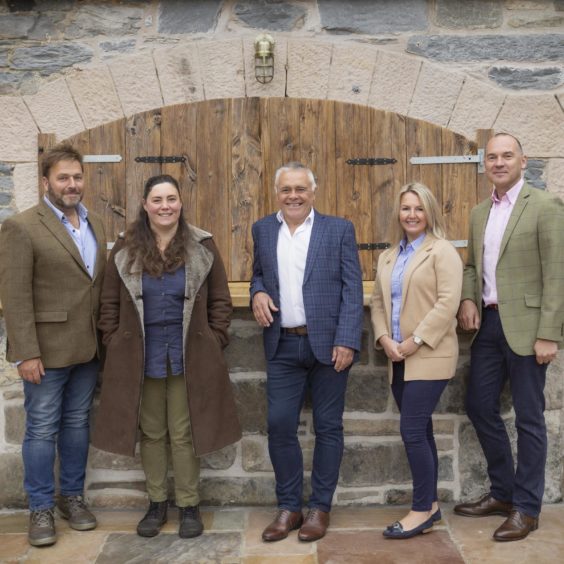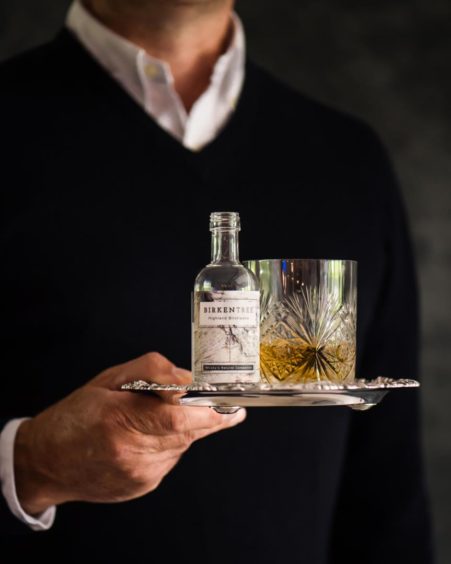Hoping to revive an ancient tradition, not seen in Scotland for thousands of years, the team at Birkentree in Highland Perthshire is tapping the region’s birch trees for its nutritional water.
It’s an ancient tradition that hasn’t really been seen in Scotland since the Highland Clearances.
Now, Birkentree in Perth, which was founded by company founders Rob and Gabrielle Clamp in 2018, is reviving the art of tapping birch trees for its water, a vitamin and mineral rich liquid.
Becoming aware of the technique through his work as a forester, Rob took an interest in tapping the trees, while his wife Gabrielle, a qualified chiropractor who gave up the profession to pursue this new venture, was curious about the water’s numerous health benefits.
Finding an equivalent
The couple came across birch water while in another country and, upon returning to Scotland, sought an equivalent which they were soon to find didn’t exist.
“That’s really what triggered the idea. I am really passionate about herbs and natural remedies,” said Gabrielle.
“The water is a natural source of xyilitol, is really low in sugar and is very cleansing and detoxifying. These are all things we found out during our research.”
Spring harvesting
The majority of Birkentree’s harvesting happens during the spring when the water actively travels from the ground up through the tree’s roots and into its leaves. The trees are only tapped once a year.
When the tree has had enough the water dries up and it doesn’t start again until the following year.
“In the springtime what we do, when the trees wake up and the sap rises, they pump the groundwater into their trunk to get the sap flowing to the leaves,” Gabrielle adds.
“We drill a really small hole in to the tree and insert a small tap.
“When spring starts, the sap just drips – it’s a bit like tapping maple trees for syrup. It’s the same process except that the sap is really like water, hence why we call it birchwater.
“When you think of sap you think of something sticky but it’s really not, it’s a lot like water, with the smoothness of milk.
“The number of trees we tap depends on how much we want to stock. We get on average five litres per day per tree in the one week when we harvest. That’s really high compared to other countries which get only five litres per tree for the whole season.”
Ancient trees
The type and age of tree also affects its flavour, according to Gabrielle, who says that the silver and downy birches in Scotland thrive in the spring and that the trees they tend to tap are really old.
She says: “For some reason, in this country, they really thrive and get really old and we found that the birchwater from those trees is a lot smoother and more complex than a younger tree, which is why we try to tap the older ones.
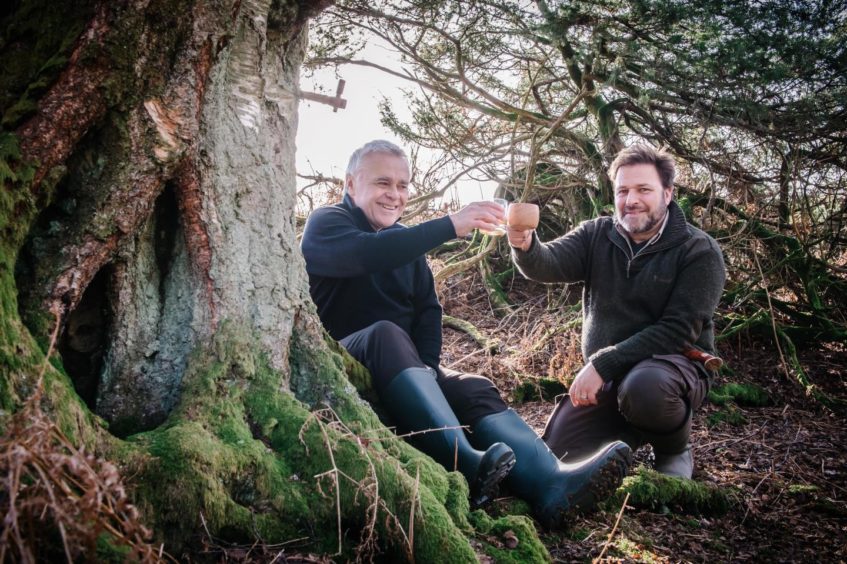
“It doesn’t affect the trees at all and it’s a method that has been done by our ancestors for thousands of years. During the Highland Clearances it was then that the knowledge of birch tapping really disappeared, so we’re hoping to bring it back.”
Nutritional content
Known for its high nutritional content, Gabrielle says people have used birch water for curing hangovers, for strengthening hair and as a way of boosting the immune system.
And at £5.95 for 100mls, it is more expensive than regular bottles of water.
“People would drink birch water in the springtime for its mineral and vitamin content,” she adds.
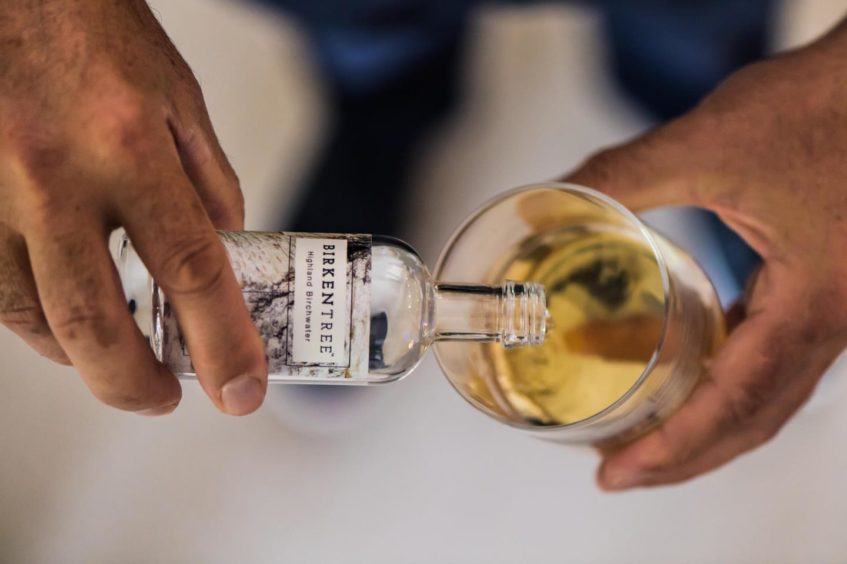
“During spring there isn’t much that grows in the ground, not many vegetables or anything like that, so it was a great source of extra nutrients, even for the cattle.
“The water is also really good for hangovers as well – that’s the feedback we’ve had, that it works really, really well curing those. Other people have used it for their hair as it strengthens the hair and it strengthens the immune system as well.”
There are several stockists of Birkentree across the region, which can be found on their website. Bottles of 100ml can also be purchased here from £5.95. For more information visit birkentree.com
